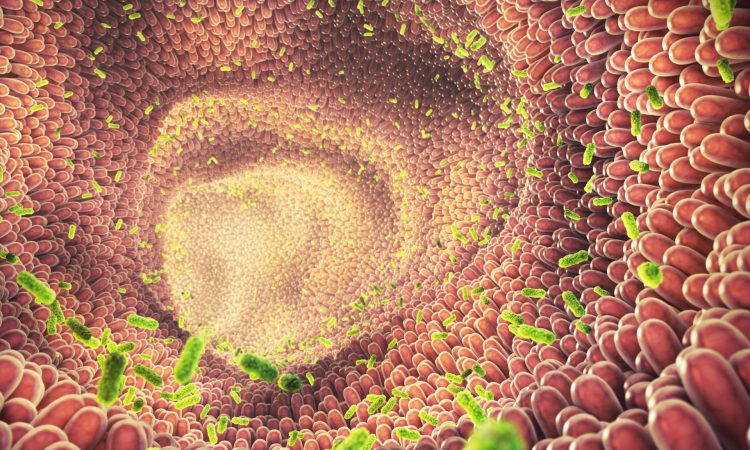
Early detection of neurodevelopmental disorders such as autism is important to ensure children get the support they need to acquire essential skills for everyday life.
Based primarily on milestone checklists and symptoms, autism diagnoses are now also based on observations of behavior that often occurs after crucial developmental milestones have passed.
In recently published research on Swedish children, it was found that the microbes and metabolites they produce in the infants’ guts – both in their feces and in their umbilical cord blood – could help identify a child’s risk of developing . And these differences can be detected from birth or in the first year of life. These markers were evident, on average, more than a decade before these children were diagnosed.
There are no known biomarkers for autism. Efforts to find biomarkers have been largely hampered by the fact that autism has many potential pathways leading to it, and researchers tend to ignore how these causes may work together as a whole.
A potential biomarker for neurodevelopmental conditions such as autism are gut microbes. The connection between the gut and the brain, or the gut-brain axis, is an area of considerable interest among scientists. Gut microbes play significant roles in health, including immunity, neurotransmitter balance, digestive health, and more.
Researchers have shown that the microbiome is personalized enough that it can distinguish two people or two households even better than genetics, with differences in colonization starting very early in life.
Differences can be detected from birth or in the first year of life
A small pilot study showed that children with autism saw improvements in gastrointestinal and autism-related symptoms after healthy microbes were transferred to their guts, with some benefits lasting up to two years.
However, most studies of the microbiome and neurodevelopmental conditions are limited to people who already have or have other conditions, and these studies often show mixed results.
Thus, it examined cord blood and stools collected at approximately 1 year of age from participants in a study that followed the health of approximately 17,000 children born between 1997 and 1999 and their parents.
These children were followed from birth – nearly 1,200 were later diagnosed with a neurodevelopmental disorder by the age of 23.
They found significant differences in bacterial composition and metabolite levels that developed before the onset of symptoms of neurodevelopmental conditions — such as gastrointestinal upset, irritability and sleep problems — as well as formal medical diagnoses, he writes.
These differences related to several conditions, including autism, ADHD and speech disorders. Next, we linked the bacteria to neurotransmitters—chemical signals that help brain cells communicate—and vitamins like riboflavin and vitamin B in baby stool. Given previous research on children and adults already diagnosed with a neurodevelopmental disorder, the researchers expect to find differences in the microbiome composition and health of those with and without neurodevelopmental disorders.
Imbalance in the microbial composition
Variability in microbes and metabolites that affect immune system and brain health has been observed, among other things, in stool collected from children’s diapers around 1 year of age and in cord blood collected at birth.
The imbalance in the microbial composition—what microbiologists call dysbiosis—suggests that incomplete recovery from repeated antibiotic use can greatly affect children during this vulnerable period. Similarly, it was observed that repeated ear infections were linked to a twofold higher probability
Children who repeatedly used antibiotics and had microbial imbalances were significantly more likely to develop autism.
Parents should use antibiotics if they are prescribed and deemed necessary by the pediatrician. Rather, the study suggests that repeated antibiotic use during early childhood may signal immune dysfunction or disrupted brain development, which may be influenced by the gut microbiome.

